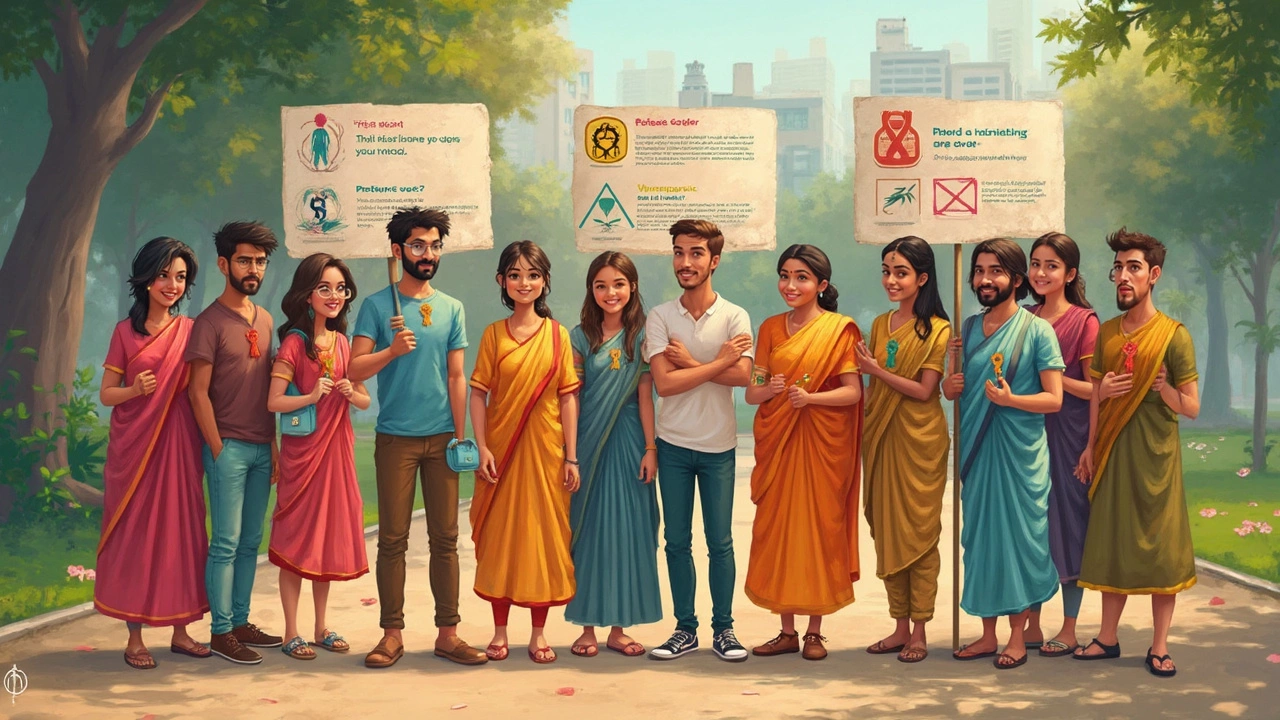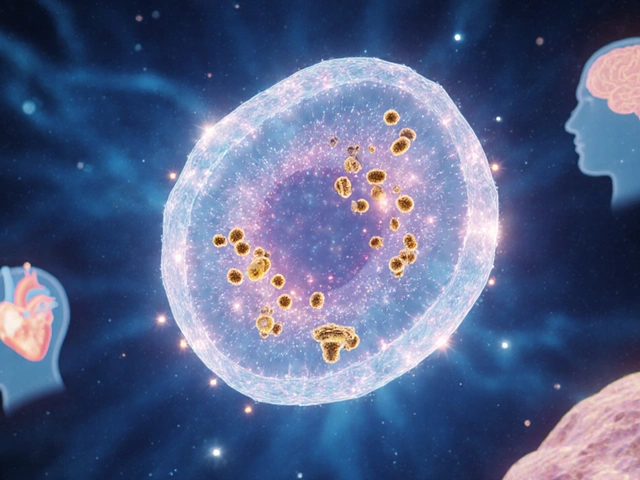Top Killing Cancers – What Makes Them So Dangerous
If you’ve ever Googled "deadliest cancer" you’ve probably seen a long list of scary names. The truth is, a few cancers account for most deaths worldwide, and India is no exception. Knowing which ones rank highest helps you watch for warning signs and take practical steps to protect yourself.
Why These Cancers Rank Highest
In India, lung, colorectal, breast, prostate and pancreatic cancers top the mortality charts. Lung cancer leads because millions still smoke and air pollution is a daily reality. Colorectal cancer climbs fast as Western diets spread, while breast cancer remains the most common cancer in women and often shows up late. Prostate cancer hits older men, and pancreatic cancer, though rarer, kills quickly because it’s usually caught at an advanced stage.
Statistically, lung cancer alone accounts for about 20% of all cancer deaths. Pancreatic cancer’s five‑year survival sits under 10%, making it one of the most lethal. Liver, stomach and certain leukemias also rank high because they’re hard to detect early and can spread fast.
How to Lower Your Risk
The good news? Many of these cancers are linked to lifestyle factors you can change. Quit smoking and avoid second‑hand smoke – it cuts lung cancer risk dramatically. Eat more fruits, veggies and fiber, and limit processed meat to keep colorectal risk down. Regular exercise and a healthy weight lower breast, prostate and liver cancer chances.
Screenings save lives. Low‑dose CT scans for long‑time smokers, colonoscopies after age 45, mammograms starting at 40, and PSA tests for men over 50 catch disease before it spreads. If you have a family history of pancreatic or liver cancer, talk to your doctor about genetic testing or more frequent check‑ups.
Finally, stay aware of symptoms. Persistent cough, blood in sputum, unexplained weight loss, new lumps, changes in bowel habits, or jaundice are red flags that deserve a medical look. Early detection is the single most powerful tool against the top killing cancers.
Understanding which cancers kill the most and why gives you a clear roadmap for prevention and early action. Keep these facts handy, talk to your doctor about appropriate screenings, and make small daily choices that add up to big protection.

Top 3 Killing Cancers: The Deadliest Threats and How to Fight Back
This article breaks down the three deadliest cancers worldwide, revealing why they're so dangerous and how they can be spotted early. Get up-to-date facts, practical prevention tips, and advice on what to do if you're at risk. Understand how treatment is evolving and what to watch for in cancer research. All details are simple, easy to follow, and based on real numbers and real life. Take steps today to protect yourself and your loved ones from these silent killers.

CoQ10 Benefits: Uses, Dosage, and Safety Guide
Oct, 8 2025

What Is the Newest Alternative to Knee Replacement?
Oct, 30 2025

What’s the Best Herbal Health Supplement?
Apr, 6 2025

